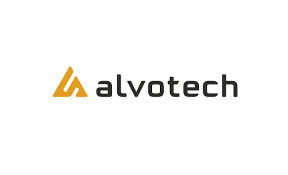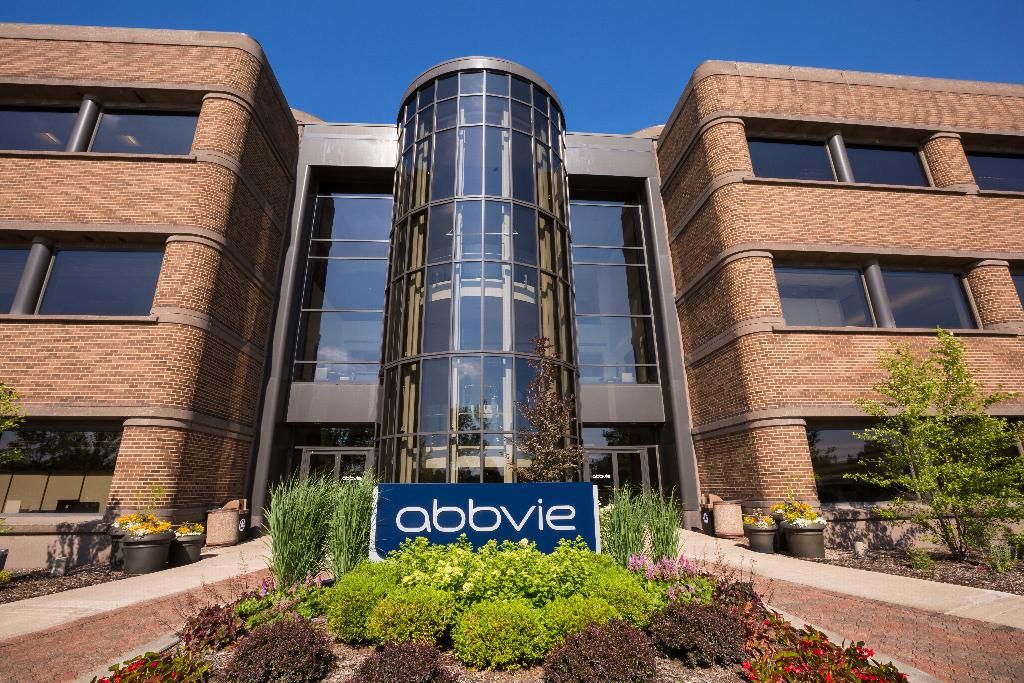- Bone Health
- Immunology
- Hematology
- Respiratory
- Dermatology
- Diabetes
- Gastroenterology
- Neurology
- Oncology
- Ophthalmology
- Rare Disease
- Rheumatology
Court Dismisses AbbVie's Trade Secret Piracy Case Against Alvotech
A US District Court in Illinois has ruled that although trade secret theft may have occurred over an adalimumab biosimilar candidate, it happened far from the state. With only a very "attenuated" connection, there are no grounds to bring action against Alvotech in the case of purloined manufacturing data, the judge stated.
Allegations that Alvotech stole trade secrets from AbbVie in order to facilitate development and production of its adalimumab biosimilar candidate have been dismissed by the US District Court for the Northern District of Illinois on grounds that court does not have jurisdiction to prosecute the matter.
In March 2021 AbbVie filed suit against Alvotech alleging the Iceland-based company obtained secrets from a former AbbVie employee, Rongzan Ho, who purportedly took the manufacturing information with him when he left AbbVie’s employ and went to work for Alvotech.
Judge Harry D. Leinenweber did not dispute the allegation that Ho had stolen trade secrets from AbbVie, an Illinois-based company, or that Alvotech had knowingly received trade secrets from Ho in order to further its plans to bring a high concentration formulation of adalimumab to market. But in his decision, Leinenweber stated that the connection to Illinois was too "attenuated."
Ho was based in Singapore and working at an AbbVie facility there when he allegedly took the trade secrets, and AbbVie claimed he took them to Iceland where he helped Alvotech set up a manufacturing facility there to produce adalimumab.
AbbVie attempted to make a case that the trade secrets were developed in Illinois and that Alvotech intends to market an adalimumab biosimilar, manufactured with the purloined information, in Illinois, which AbbVie contended gave the court jurisdiction to take action against the Icelandic company.
However, the judge ruled that existing case law does not extend its authority to address trade secrets allegedly stolen in Singapore, shipped to Iceland, and employed there for the manufacture of adalimumab. Further, the judge decided that Alvotech intends to distribute adalimumab in the United States through a separate company named Alvotech USA.
“Alvotech’s illegal acquisition of trade secrets from AbbVie’s Singapore facility through the thievery of AbbVie’s Singapore employee for Alvotech’s use in Iceland is far too attenuated to allow…jurisdiction over the Icelandic corporation,” Leinenweber wrote.
This, in fact, had been Alvotech’s defense argument. The company contended the court did not have jurisdiction over the matter. The company claimed its principal place of business was Reykjavik, Iceland, and had no business dealings in Illinois.
AbbVie contended Alvotech had induced Ho to steal trade secrets so they could be used in the opening of an adalimumab manufacturing center in Iceland. “While Alvotech intends to have adalimumab distributed to and sold in Illinois, these activities will be performed by Alvotech USA, a domestic corporation separate from Alvotech HF,” the judge wrote, using the Icelandic corporate name for Alvotech.
In his ruling, Leinenweber looked at possible case law that could be applied in support of AbbVie’s argument, such as the “stream of commerce theory,” under which shoddy products that cause harm to consumers that are manufactured out of state would be actionable, even if the defendants weren’t based in Illinois. However, that was a product liability case, and in the Alvotech case, no harm had befallen Illinois residents. Indeed, the adalimumab biosimilar has not yet been approved by the FDA, let alone manufactured and distributed.
“AbbVie’s case for specific jurisdiction based on the contention that Alvotech intends to sell its product in Illinois fails for 2 reasons: first, the complaint alleges that Alvotech does not sell its biosimilar product anywhere at this time and any sales in the future will be made by Alvotech USA, a separate domestic corporation; second, this argument is foreclosed by the Seventh Circuit’s decision not to extend the stream of commerce theory to trademark cases,” Leinenweber wrote.
In a statement following the ruling, Alvotech contended that AbbVie filed suit merely to protect its lucrative adalimumab franchise, which does not face any competition in the United States. Global Humira sales in 2020 approached $20 billion.
“AbbVie’s lawsuit was another attempt to preserve its monopoly over Humira and prevent Alvotech’s proposed biosimilar from being available to patients in the United States,” Alvotech said.
Both companies remain headlocked in a separate dispute in the same court over patents protecting adalimumab that could potentially interfere with Alvotech’s plans to bring its adalimumab biosimilar candidate to market in the United States.
Newsletter
Where clinical, regulatory, and economic perspectives converge—sign up for Center for Biosimilars® emails to get expert insights on emerging treatment paradigms, biosimilar policy, and real-world outcomes that shape patient care.


